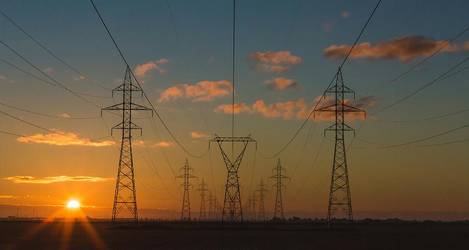Nigeria look set to bring the duty-free movement of goods in the region a step closer, by signing a continental free-trade deal at an extraordinary summit of the African Union.
Africa’s most-populous nation has an economy that vies with South Africa to be the continent’s largest and its approval of this agreement clears a hurdle in the implementation of the African Continental Free-Trade Agreement. Recently, President Muhammadu Buhari was sent a report from a committee, that appealed to him to sign the deal.
On Twitter, the Presidency has said: “Nigeria will sign the deal at the summit in Niger after extensive domestic consultations, and is focused on taking advantage of ongoing negotiations to secure the necessary safeguards against smuggling, dumping and other risks or threats”.
Africa appears to be quietly piecing together the world’s largest free-trade zone while the issues between the US and China unfold. The free trade area came into force after the required 22 countries ratified the deal a month ago. Once it’s passed by all 55 nations recognised as part of the African Union, it will extend to a market of 1.2 billion people, with a combined gross domestic product of $2.5 trillion.
The agreement will help the continent move away from exporting commodities to build manufacturing capacity and industrialise, and boosting intra-regional trade will spur the construction of roads and railways, reducing the infrastructure gap in Africa.
African countries currently have a trade rate of 15%, compared with 20% in Latin America and 58% in Asia, according to the African Export-Import Bank. The hope is that this could increase by 52% by 2022. After talks taking place over 4 years, the functioning of the agreement will be negotiated in phases and it should be fully in operation by 2030. Non-trade barriers, such as delays at ports and in political disagreement, would have to be resolved before the plan to remove tariffs on 90% of goods can be realised. Negotiators will also have to convince economies who depend on these levies for revenue to let them go.
Nigeria is the last major hurdle. It is one of three countries, including Benin and Eritrea, that hasn’t signed the deal. Twenty-two nations, including South Africa, have ratified the text, the next step after signing.




